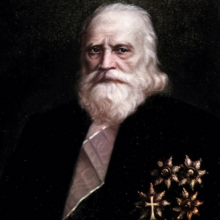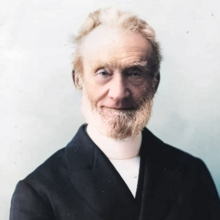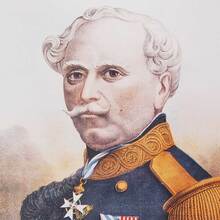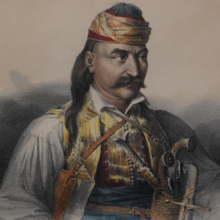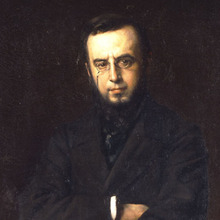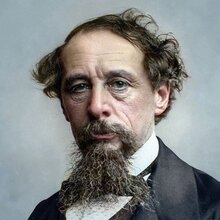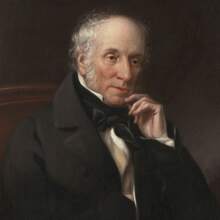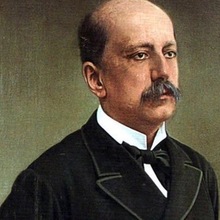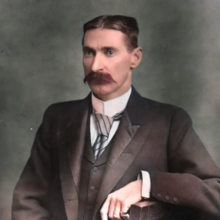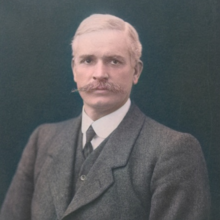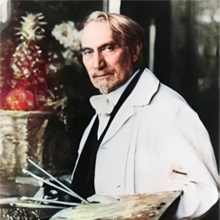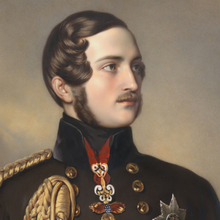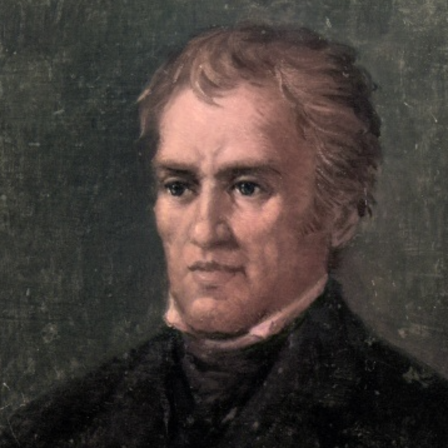
Personal
Other names:
Andrea Calbo
Job / Known for:
Poet of the Romantic school
Left traces:
His odes and tragedies
Born
Date:
1792-04-01
Location:
GR
Zakynthos, Greece
Died
Date:
1869-11-03 (aged 77)
Resting place:
GB
Death Cause:
Pneumonia
Family
Spouse:
Charlotte Millingen
Children:
Parent(s):
Ioannes Kalvos and Andriane Roukani
QR Code:
Show More
Rank
Users ranking to :
Thanks, you rate star
Ranking
5.0
1
About me / Bio:
Show More
Article for Andreas Kalvos
Died profile like Andreas Kalvos
Comments:

